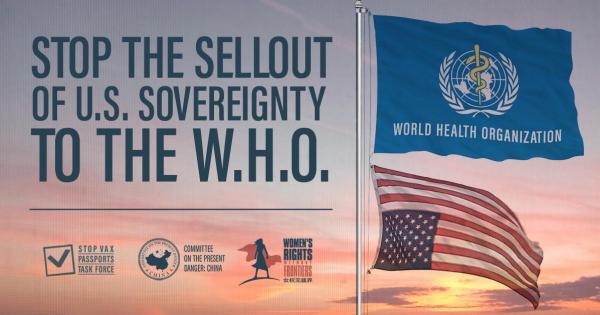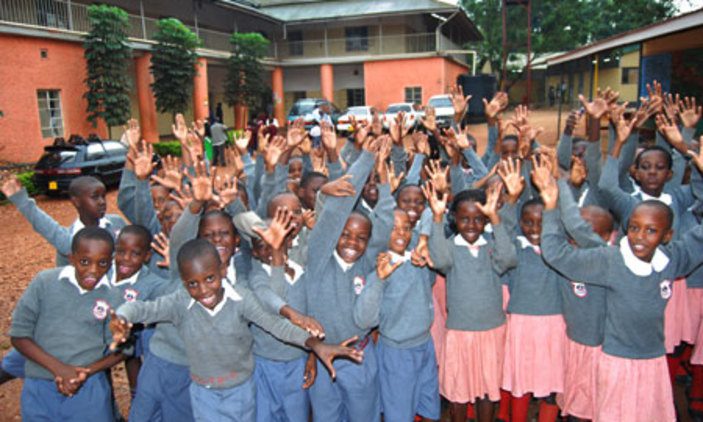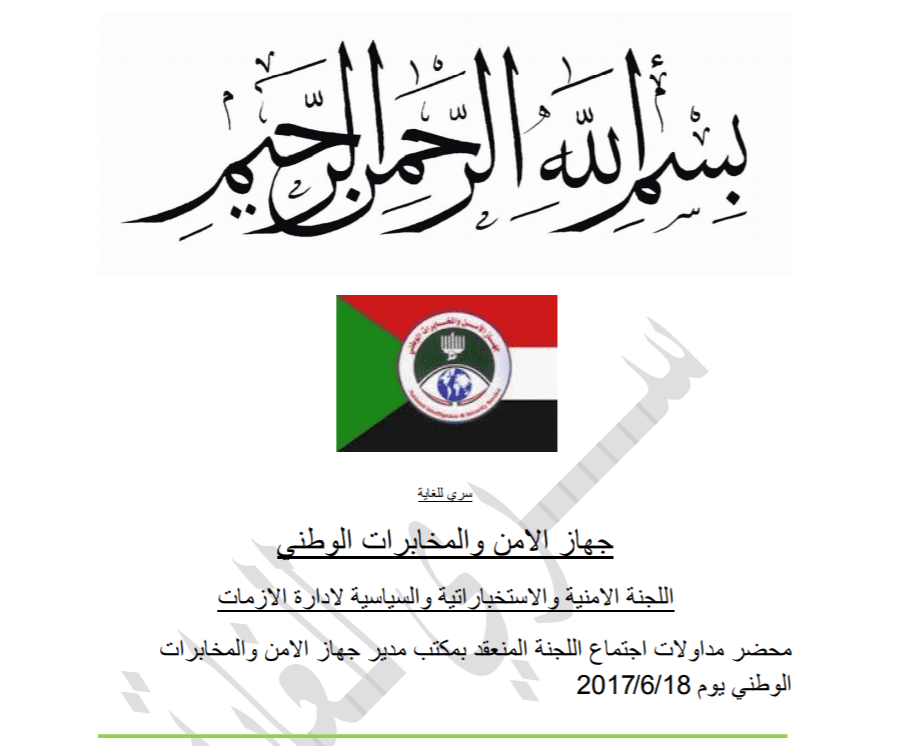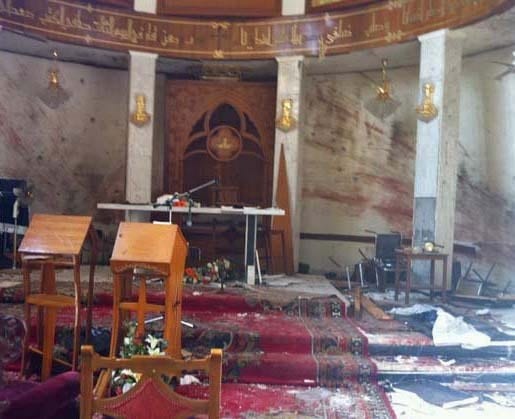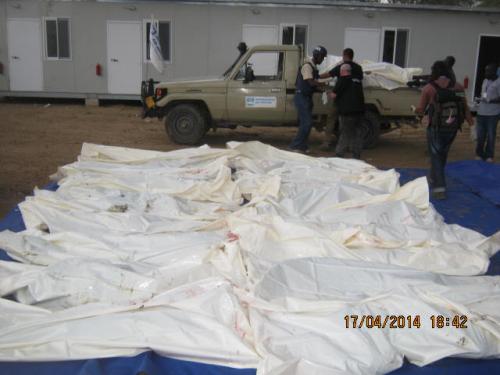
Dear Ambassador Haley:
My view of South Sudan and the conflict is not at all popular right now. I have lost friends and garnered much hostility for speaking out. I have had colleagues roll their eyes and some South Sudanese call me “pro-Dinka” and “government collaborator.” But I am not. I am pro-truth, and truth has been replaced by a false narrative with convenient sound bites. I cannot stay silent. After 24 years of experience with Sudan and South Sudan, I know the players well. I know their character. And their lack of character. What I don’t know is why the United States is doing what it is doing.
Last Wednesday, October 25, 2017, The Washington Post declared, “Nikki Haley warns war-torn South Sudan that U.S. aid ‘at crossroads’ unless violence eases.”
But after your hasty departure from a UN Protection of Civilians camp (POC) wracked (and wrecked) in a violent protest by supporters of rebel leader Riek Machar, I am hoping that perhaps you can see just a taste of what South Sudan President Salva Kiir has been facing for almost four years from the Khartoum-backed, lobbyist-laden armed rebel combatants. The rebels have not been successful in their attempt to take over the country, but they have been overwhelmingly successful in their attempt to take over the narrative.
Try applying to the event at the POC camp the same flawed logic that the United States, African Union (AU), Intergovernmental Authority on Development (IGAD), United Nations, NGO’s, the media . . . pretty much the entire world has used on the overall South Sudan conflict. In the logic of the conflict’s “inclusivists,” moral relativists, and peace-at-any-price pacifists, when the riot at the POC camp began, the President was accountable to magically “stop the violence.” That’s how Kiir is told to deal with rebel combatants. “You’ve got to stop the violence.”
But simultaneously, Kiir’s critics, including your predecessor, demand South Sudan’s army, originally the Sudan People’s Liberation Army, (SPLA) observe a ceasefire with what they call the “rival army.” Put aside the notion of sovereignty that is challenged by the phrase “rival army,” and a nation’s right to defend itself (something which even St. Augustine assured Roman General Boniface was a “just cause” when the Visigoths were running around sacking and burning Rome). Ceasefires cannot “stop the violence” unless both armies cease fire, Ambassador Haley.
If only the government troops cease fire, at worst, they get shot and die. At best, they lose territory to the rebels. Is that what the United States, AU, etc. actually want, I wonder? It’s pretty certain that is what the United Nations wants, seeing as how many truckloads of weapons the UN Mission in South Sudan (UNMISS) attempted to deliver to Riek Machar a few years ago.
And here’s another way in which the riot at the POC camp is a microcosm of the country’s conflict. Since December 2013, you may have noticed that media accounts and even analytical reports professing to be serious investigations always describe the violence that began South Sudan’s conflict with such non-attributable expressions as “erupting” or “breaking out”.
And when it’s not described as spontaneous, the violence is always laid at the feet of Kiir’s government – or that at least is heavily hinted. But the same stories that insist that Riek Machar denied a coup attempt then go on to describe him leading a resistance movement with no sense of incongruity. (Just a case of “never let a crisis go to waste” on Machar’s part?)
The ‘non-coup-attempt’ rebels led by Machar began with the murderous, but deluded, White Army of very young, mostly Luo Nuer. The first place where their violence “erupted” was the site of Machar’s original 1991 betrayal, Bor, in Jonglei State. Days before the massacre they sent their own families to the UN compound for safekeeping and then slaughtered thousands of Dinka people.
The White Army is eerily similar to Ugandan warlord Joseph Kony’s Lord’s Resistance Army, right down to covering their bodies in white ash. As the co-author of a book about the LRA, I would bet this is no coincidence, Ambassador Haley. Machar also led the White Army in the 1990’s. And a former child soldier told me of Machar’s closeness to Joseph Kony. He also told me that Machar actually introduced Kony to Sudan President Omar al Bashir.
Many of the White Army were dispatched early on in the conflict fighting against the South Sudan Army. They were nothing more than the power-hungry Riek Machar’s cannon fodder. Now, as you know, the longer-enduring rebel combatants are the so-called Sudan People’s Liberation Movement-In Opposition (SPLM-IO, or just IO). Machar co-opted the SPLM/SPLA name, just as he did in his rebellion in the 1990’s with the SPLA-Nasir. (Honestly, you need a scorecard to keep track of the players. That confusion is one of the tactics of deception the rebels learned from Khartoum, Madam Ambassador.)
In every new battle, if details come to the surface showing that the armed rebel combatants – White Army, IO, now even Equatorians – and not the South Sudan Army, started the attack, suddenly everyone – media, members of Congress, NGO’s, etc. channel Hillary Clinton. At this point, what difference does it make?
But returning to the coup attempt of December 2013, Madam Ambassador, it was planned in advance. According to witnesses of the function, preparations included a Thanksgiving fund-raiser for arms among the communities of those that supported Riek Machar in the United States. Such fundraisers have continued since then, under the leadership of Machar’s wife and fellow rebel, Angelina Teny.
Likewise, there is good reason to believe that the riot at the POC camp in Juba was planned in advance and violence did not “erupt” or “break out” merely because you could not stay and hear the tales of grievance of the IDP’s. The demonstration allegedly was orchestrated by Machar himself. It included rebels who “commute” back and forth to the POC camp in full view of UN officials from their fight as armed combatants to sheltering with everyone else, similar to the way ISIS members have been discovered embedded in UN refugee camps in Iraq.
On Tuesday October 24, before you arrived in Juba, reports indicated that Riek Machar sent a message to his supporters from deep in the bowels of house arrest in South Africa. He told the IDPs in Juba to demonstrate on Wednesday “when Ambassador Nikki” visits them. He told them to tell you that “Riek Machar should be released and brought back to Juba as First Vice President.”
Perhaps knowing about Machar’s marching orders to the troops was the reason why your visit to the POC camp was cut short? In any case, the fact that they didn’t get a chance to perform their entire Kabuki Theater for their American visitor unhinged the demonstrators.
It is quite possible that some self-appointed enforcers of “peace” in South Sudan might agree with Machar that he should return to Juba. But should that really be an option, Ambassador Haley? Machar is under “unofficial” house arrest because in addition to his war crimes, extremely reliable sources have disclosed that he was trying to get the help of Iran to take over South Sudan.
And then there’s that little detail that South Sudan already has a First Vice President. At the behest of the “inclusivists,” President Kiir made concession after concession to IO while forming the farcical “Transitional Government of National Unity.” One such concession demanded by the IGAD, AU, UN, and US, among others, was to restore Machar to his role as First Vice President in April 2016. Another was to receive a new First Vice President pushed from the ranks of the IO, Taban Deng Gai, after the conflict that “erupted” in Juba in July 2016 had Machar on the run once again.
But something strange happened when Kiir accepted the SPLM-IO’s Taban Deng Gai as First Vice President. Deng Gai realized his former compatriots were projecting a false narrative about South Sudan and rather than being in constant conflict with Kiir, IO’s goal, he seems to be doing good things for the nation. That did not sit well with IO. One of their hilarious blog sites even insists that Deng Gai’s selection (they selected him) was a plot by Salva Kiir.
Some good, but misled, people seeking to end the conflict are convinced that a kumbaya moment between President Salva Kiir and Riek Machar trumps all. They want to relive the heady days of the great 1999 Wunlit/People to People Peace Conference. You may know that remarkable event reconciled the Dinka and the Nuer, brought the wayward Machar back to the bosom of the SPLA, and helped promote conditions that made possible the peace process with Khartoum that led to the Comprehensive Peace Agreement.
It doesn’t seem to bother these reconcilers that such a peace conference would have been unnecessary if Machar and Dr. Lam Akol, another current anti-government figure, had not betrayed the South and gone over to the Khartoum regime just when the SPLA was beating Khartoum militarily. Their actions in the 1990’s caused the death of more South Sudanese than did Sudan armed forces out of Khartoum. Machar got his second chance to redeem himself at Wunlit. But now he, and a dozen or so other South Sudan leaders, have betrayed the country again.
Madam Ambassador, in the recent conflict, truth has been replaced by the most sympathetic and sound-bite-ready narrative, and rational thinking and passion for justice by moral equivalence. Those characteristics would have doomed to failure the 1999 People to People Peace Conference.
But in spite of the deception that has flowed freely since December 2013, if the last images you carried with you from Juba were of angry IDP’s obeying their leader looting and destroying the office of a POC camp charity juxtaposed with a quiet, dignified President who is desperately trying to save his country and the people of South Sudan – just as he did when he risked his life for them in the bush – it may give you a little different view of what it could really mean to “ease the violence” in South Sudan. We may be more successful at easing the violence if we acknowledge the extent to which it should be owned by the rebels and the egomaniacal Riek Machar.
Yours sincerely,
Faith J. H. McDonnell
Director, Religious Liberty Program and Church Alliance for a New Sudan
Institute on Religion and Democracy



